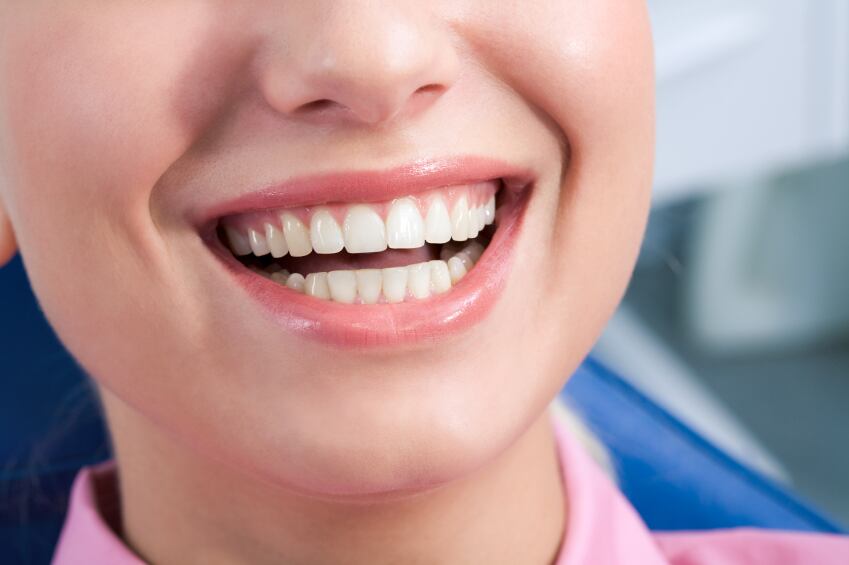The Norwegian Scientific Committee for Food and Environment’s (VKM) conclusion, which applies to vitamin and mineral supplements only, refers to fluoride limits at 0.5, 1, 5 and 7 milligrams per day (mg/day)
In the newly released report, the Committee state that “all the suggested food supplement doses considered will cause the tolerable upper intake level to be exceeded in all age groups, except for the supplement doses of 0.5 in 9- and 13-year olds and 1 mg/day in 9 year olds”.
Report-led conclusions
“VKM emphasises that the current assessment of maximum limits for fluoride in food supplements is based on reports concerning upper levels from the IOM, Scientific Committee on Food, Expert Group on Vitamins and Minerals and Nordic Nutrition Recommendations.
“VKM has not conducted any review of the literature for the current opinion, as this was outside the scope of the terms of reference from the Norwegian Food and Safety Authority (NFSA).”
The major dietary fluoride sources are water and tea with Norway classed as a country that does not carry out fluoridation of drinking water or salt.
Fluoride’s beneficial effects on caries prevention, has led the European Food Safety Authority (EFSA) to set an adequate intake (AI) of 0.05 mg per kg body weight per day.
The former maximum limit of 0.5 mg/day for fluoride in food supplements was repealed back in May 2017.
Methodical approach
Describing their methodology, VKM began by gathering intake values of the main dietary fluoride sources, water and tea, in different age groups via Norwegian dietary surveys.
High fluoride intakes were estimated by applying the 95 percentile of fluoride concentrations in water obtained from 2001 fluoride analyses from Norwegian waterworks between 2010 and 2018.
In addition, intakes from tea were obtained from a Polish study to the daily volume consumed.
Fluoride intakes from recommended use of dental hygiene and caries prevention products were then added, plus a small fixed value for undescribed sources.
The estimated 95 percentile fluoride exposure calculated this way was compared to the upper level, and scenarios with additional fluoride supplementation of 0.5, 1, 5 or 7 mg/day were developed.
The estimated 95-percentile of fluoride exposure from water, tea and dental hygiene products alone (before fluoride from the suggested food supplement doses at 0.5, 1, and 7 mg/day were added) was found to exceed the upper level for 2-year old children and for adults.

